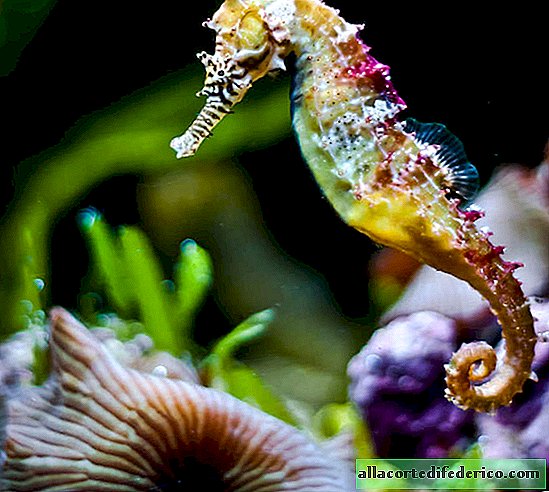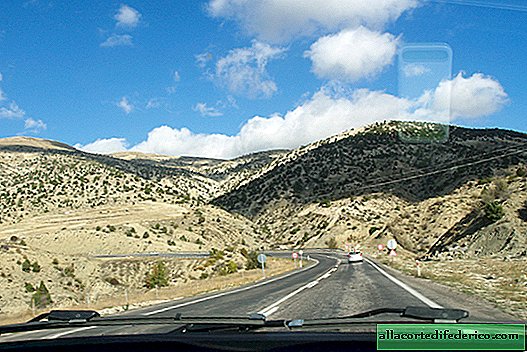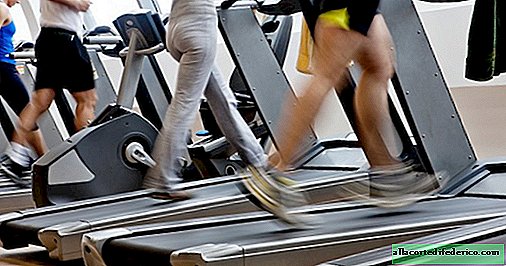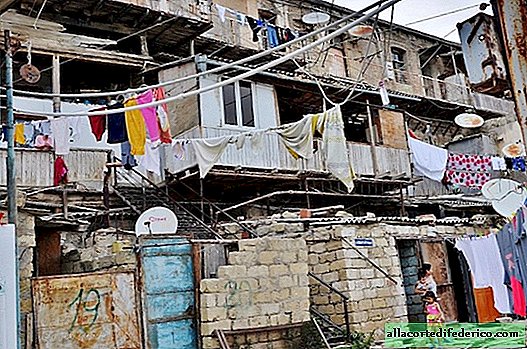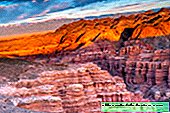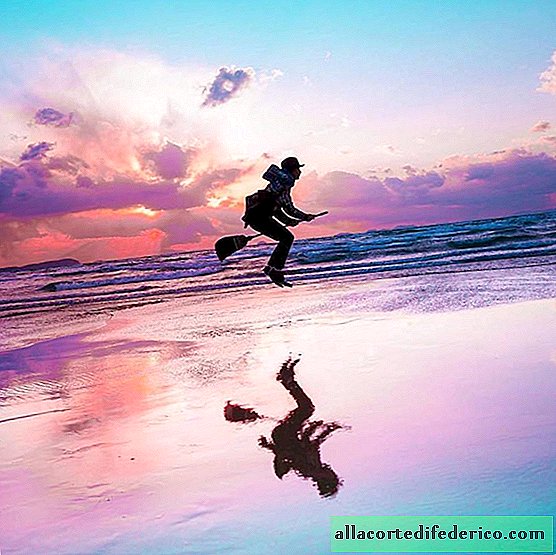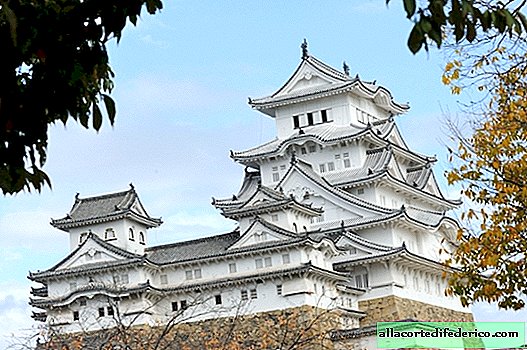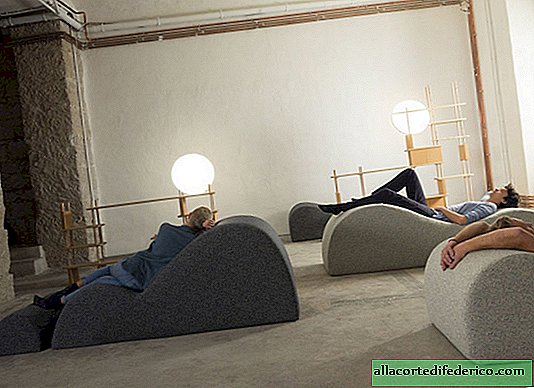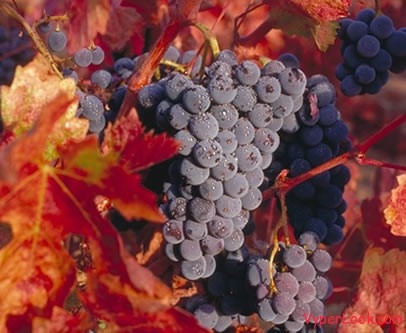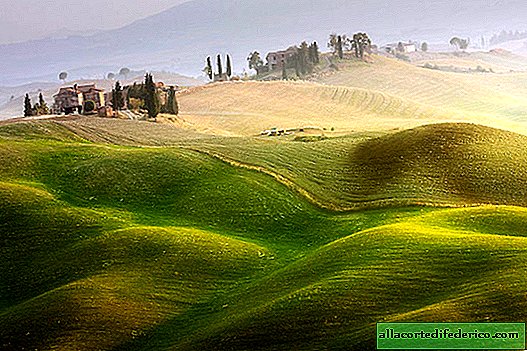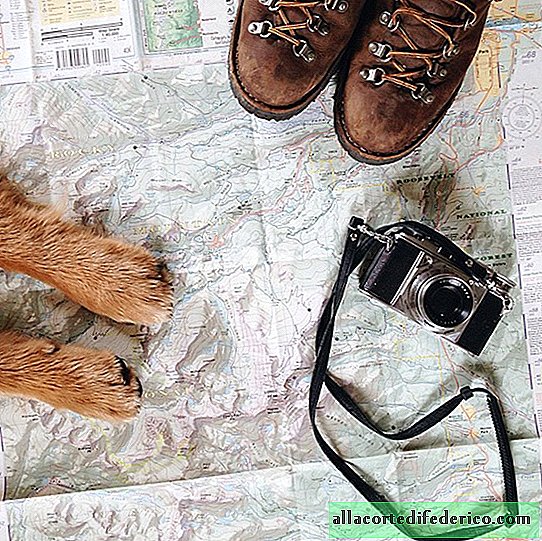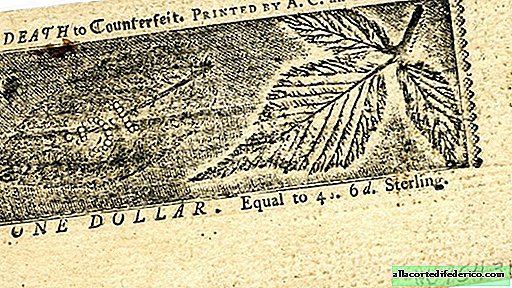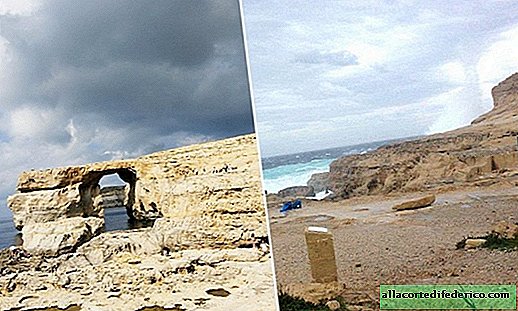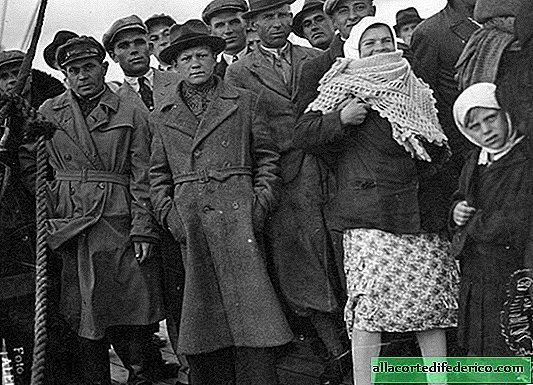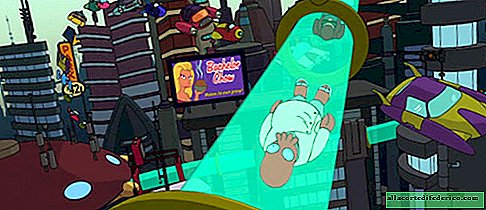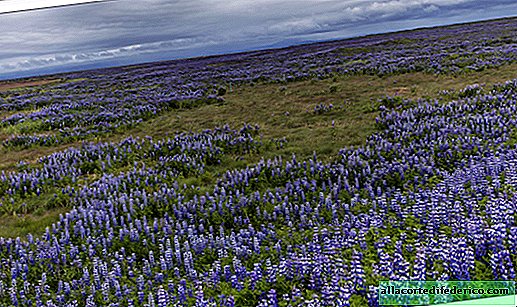Working people of Cameroon
At the first moment after arrival, everything seems alien, unnatural and even wrong. The city seems like a mixture of shops, home-made signs, behind which there are hairdressers with stools, pharmacies with open counters, cafes with unsanitary conditions and much more, which attracts the eye of a European, albeit uncivilized.
For the first day, we only managed to understand what was moving and why, and slowly began to delve into the meaning of what was happening. The brain took up the basic procedures, which at first took up a lot of computing resources, and the acquaintance with the outside world began.
Not having time to really understand the urban way of life, we went to the jungle to the east.
We drove through villages and stopped in cities; in the mornings we walked in the markets and along busy streets. In two weeks, their life became so natural and understandable that upon returning to Douala, a metropolis appeared in their eyes. Neon signs, advertising, beauty salons, cinemas and casinos, discos, supermarkets. The name of the film “Big City Lights” flashed through my head, I sang to myself “New York, New York” performed by Sinatra, and everything fell into place.
I think nothing speaks of a country better than its ordinary workers. And therefore, we begin our acquaintance with Cameroon from them.
Workers at gas stations are clearly distinguished by their uniform and polite behavior (our driver was asked not to take the exit from the gas station when he parked at a bend, though their conversation turned to elevated tones after a refusal, but somehow restrained, it was felt that the status of an employee does not allow swearing Texaco).
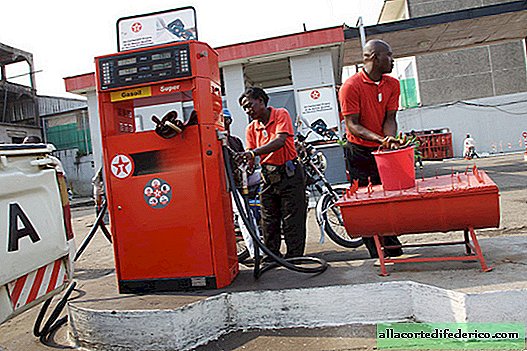
Near gas stations it is obligatory, and along the roads often, there are complexes of car repair shops.
And by and large, they are no different from European ones: tire fitting, battery charging, body repair and mechanical repair workshop. There are famous brands on the signs. Well, maybe they look a little easier :)

Trade in "orthopedic" mattresses. Their medicinal property is determined by the shape of the bed frame, because even 150 mm of ordinary foam rubber allows you to feel all the features of the design of the sleeping bed.

Take a closer look, from here you can make an international call and send a fax, top up your account on your phone and buy all the necessary accessories for your mobile phone. African network.

And the service of these guys was undeservedly abolished by machine guns in civilized countries. With them you can recharge your phone, transfer money to yourself. This is quite simple. You tell them your number, you give money and they transfer the necessary amount from their mobile. Looks at something while making money :)

This is the brand! Force! The whole street was painted in corporate color.

We get acquainted with the main vehicle of Cameroon - a motorcycle. This is a taxi, and personal transport, and an interregional mode of transportation, and of course, freight. There are a lot of motorcycles. They are very similar in design. I liked Konda most of all. :-)

In cities, the main streets are actually markets. They sell a very mixed product. Plastic products dominate. Very practical containers, basins, dishes. We saw how basins catch fish, but more on that later.

The goods are prepared directly in the market. What could not be found out. They did not speak English, and I did not speak French.

But these are palm leaves. See the right product, since it is so neatly sorted and packed.

Husband and wife. Own a shop of household goods. Differentiation for the more successful and less noticeable in clothes, and, of course, in the place where the goods are sold. There are practically kings in the shop, and it’s more interesting to communicate with them.

Green tomatoes have always been hit in hot countries. And the mistress, you see, is a fashionista. Holds the brand.

In the foreground is a planten. For some reason, they do not consider it a banana. Very common. In fact - our potato. It is boiled, fried, made fries, chips. Since the main side dishes on the trip were rice and planten to choose from, it was possible to evaluate this product in all guises. Not bad.

To service this entire sector of the economy, highly efficient vehicles are used in the ratio of kilograms of cargo to drive power.

Large stores are often held by Moorish people. And so ethnic diasporas in the markets are born. And you all come in large numbers. Everywhere so.

Oil change service station. From left to right: Shell, Mobile, BP, Texaco, Castrol, Elf and local manufacturers.

But how can the working people leave without food? This is Cameroonian fast food. The paper on the left in your pocket is wrapping. Cut and quickly fried meat is laid out in it, and a spoonful of hot pepper, well, like a ketchup, is poured nearby. You won’t pull your ears!

And this is a village (the difference between a city and a village is very simple: more than one street is a city). The bench is part of a residential building. On the counter are bananas. Delicious bananas are sold individually. 1 ruble - a thing.

Sanga River. The waterway connecting three countries - Cameroon, Central African Republic and Congo. They have the CIS there, in our opinion, so movement for local people is free. They catch a fish, go to visit each other, transport little things little by little.

But the main purpose of the river is life. On its shores, the most important thing is happening. Conversations, games, washing, take water, bathe.

Take note, ladies. Men wash themselves! :)


